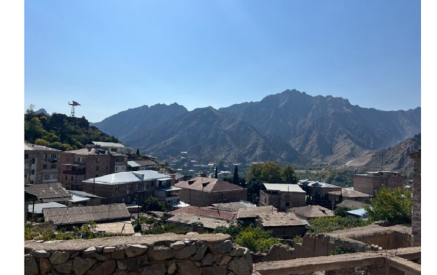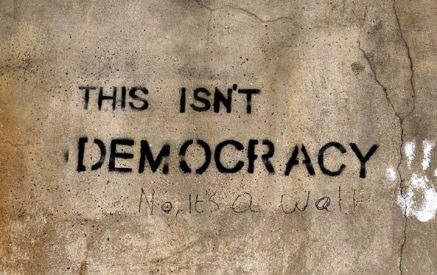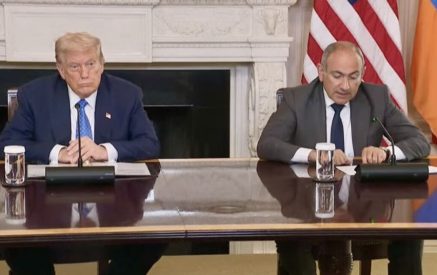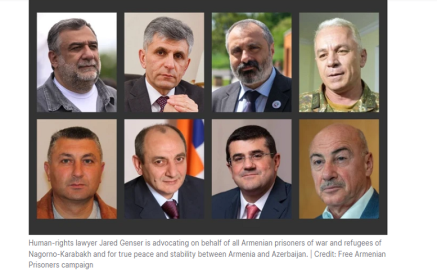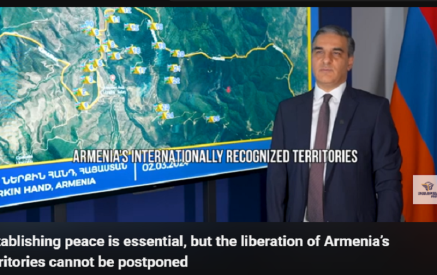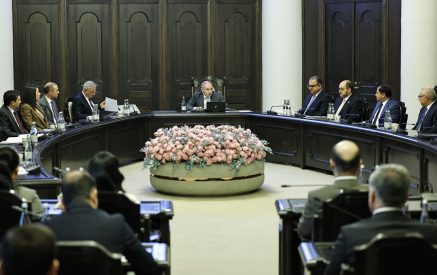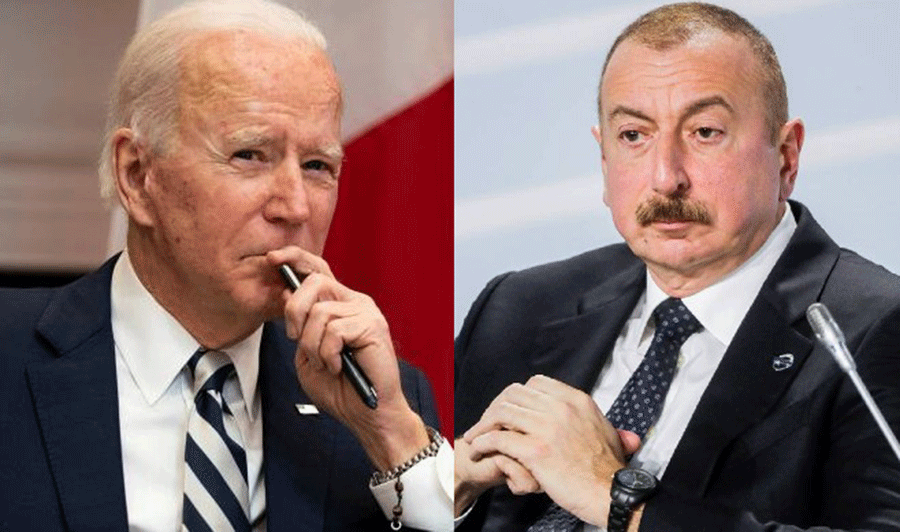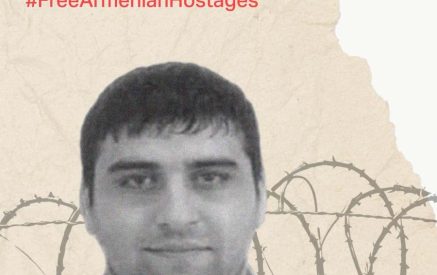by Michael Rubin
The year 2023 marked perhaps the worst year for Armenians since the Genocide of more than a century ago. Azerbaijanis backed by Turkish Special Forces and utilizing Israeli drones attacked Nagorno-Karabakh and successfully drove out its indigenous Armenian Christian population. For Azerbaijani dictator Ilham Aliyev, the eradication of Christianity and expulsion of ethnic Armenians fulfilled a lifelong ambition.
Alas, the US State Department “Country Reports on Human Rights Practices for 2023,” released on April 22, 2024, downplays this reality. While President Joe Biden sees himself as a human rights president and prides himself on having the moral clarity to recognize the Armenian Genocide, the report’s whitewashing not only of Azerbaijan’s crimes but also its diplomats’ own previous reporting suggests something is rotten in the State Department, if not the White House itself.
Read also
Superficially, the report does criticize Azerbaijan, but its omissions and elisions are the equivalent of referring to serial killer Ted Bundy only a man who perpetrated violence against women.
The reality is that when Azerbaijan blockaded the Lachin corridor, it not only violated the terms of the November 9, 2020 ceasefire agreement, but it also violated US law. The Humanitarian Aid Corridors Act prohibits any interference any country receiving American assistance with the provision or dispatch of US assistance to another country, region, or territory.
This is not clear from the State Department’s report. Consider its description of the Lachin Corridor blockade: “Azerbaijan impeded access to the Lachin Corridor. This left the road inaccessible to most civilian and commercial traffic and inhibited access for deliveries of humanitarian supplies from Armenia. The Azerbaijan government stated it was prepared to supply goods to Nagorno-Karabakh via alternative routes; however, ethnic Armenians in Nagorno-Karabakh refused to accept products transported from Azerbaijan.”

Michael Rubin
This narrative ignores not only the fake environmental protestors subsequently identified as known Azerbaijani security officers but also omits Azerbaijan’s cut-off of gas, electricity and other utilities. The State Department report also legitimizes the Azerbaijani offer to lift the blockade and amplifies Azerbaijani propaganda that the indigenous Armenian population of Nagorno-Karabakh shares blame for refusal to accept alternative supply routes. In reality, however, the Azerbaijani offer was never sincere; rather, it was equivalent to seeing good faith in German offers during World War II to feed the Warsaw ghetto.
Secretary of State Antony Blinken cannot plead ignorance. The State Department report contradicts his own statements and the State Department’s findings between January and September 2023. Blinken put responsibility on Azerbaijan shortly after the blockade began and continued to demand Azerbaijan cease its “military actions in Nagorno-Karabakh.” As the State Department report downplays moral clarity in favor of moral equivalence, it omits Blinken’s previous findings that Azerbaijan’s blockade and military aggression “are worsening an already dire humanitarian situation in Nagorno-Karabakh and undermine prospects for peace.” The moral equivalence infusing the State Department report also ignores Blinken’s own October 2023 warning to lawmakers that Azerbaijan could invade Armenia.
The same holds true for the arrest of senior officials of the Republic of Artsakh. The State Department inserts scare quotes around “officials” despite Artsakh’s free elections. In effect, Blinken engages in both election denial and minimization of the fact that Azerbaijan’s actions were not just ethnic cleansing and the deliberate eradication of millennia-old culture and indigenous population, but also represented the triumph of autocracy over a region that had embraced democracy. Blinken may find such elision sophisticated, but the Biden administration loses any moral high ground to condemn election denial at home when it encourages it abroad.
Alas, under Samantha Power’s leadership, the US Agency for International Development is no better. After her and Blinken’s meeting in Brussels with their European Union counterparts, USAID released a statement applauding its commitment to “provide $33 million, to support the people of Armenia by assisting those displaced following recent hostilities; bolstering its energy sector; combating food insecurity; promoting economic stability, digital governance and regional integration; and defending human rights.” Here, though, the devil is in the details. Power has allocated the money to support LGBT groups and help farmers navigate climate change. Less than a quarter of the funds announced will actually assist refugees of Azerbaijan’s ethnic cleansing of Nagorno-Karabakh. Put another way, the Biden administration has spent six times more money on building a new post office in rural Davidson County, North Carolina, than it has on feeding, clothing, and sheltering expelled from Nagorno-Karabakh. This was not how pre-government service Power counseled addressing genocide.
Make no mistake: Armenians should judge the annual White House statement by its willingness to acknowledge the fact that Azerbaijan ethnically cleansed the indigenous Armenian population of Nagorno-Karabakh. Should the statement continue the pattern set by Blinken and not call out Azerbaijan’s ethnic cleansing of Artsakh, the result will greenlight renewed violence. Commemoration is meaningless absent sincerity. Symbolism should never come at the expense of substance. If Blinken wants to smooth relations with Azerbaijan, he should do so not based on lies, but by calibrating U.S. policy to reality.
Michael Rubin is director of policy analysis at the Middle East Forum and a senior fellow at the American Enterprise Institute.






















